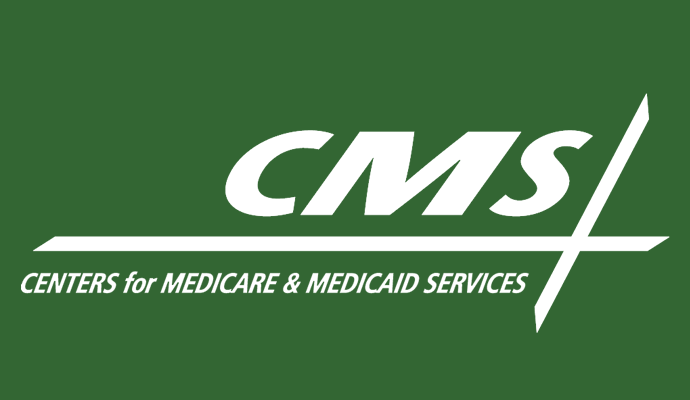CMS Proposes New Value-Based Payment for End-Stage Renal Disease
The value-based payment model comes as part of the proposed CY22 End-Stage Renal Disease Prospective Payment System rule, which also updates rates for renal dialysis services.

Source: Xtelligent Healthcare Media/Centers for Medicare and Medicaid Services
- CMS has issued a proposed rule that would create a new value-based payment pathway for end-stage renal disease (ESRD) facilities, as well as update Medicare rates for renal dialysis services next year.
The proposed rule for the ESRD Prospective Payment System (PPS) seeks to modify the ESRD Treatment Choices (ETC) Model, a mandatory value-based payment model that began in January 2021 and will end on June 30, 2017. The modifications to the model aim to address health and socioeconomic disparities, which CMS says are major contributors to chronic kidney disease and ESRD.
The proposed changes include incentives for ESRD facilities and managing clinicians in the model that significantly improve rates of home dialysis and kidney transplants for lower-income Medicare beneficiaries.
If finalized, the ETC Model would become CMS’ first Innovation Center model to address health equity directly, CMS stated.
“Health equity is at the center of our work here at CMS,” CMS Administrator Chiquita Brooks-LaSure, said in a press release. “Today’s proposed rule is grounded in measures to ensure people with Medicare who suffer from chronic kidney disease have easy access to quality care and convenient treatment options. When CMS encourages dialysis providers to offer more options for Medicare patients to receive dialysis treatments, it can be life changing and lead to better health outcomes, greater autonomy and better quality of life for patients with kidney disease.”
Additionally, the proposed rule would increase ESRD PPS base rates by $2.42 to $255.55 for the 2022 calendar year (CY). This, along with other updates to ESRD Medicare reimbursement, would increase total payments to the facilities by 1.2 percent in CY 2022 compared to CY 2021, according to the rule.
However, hospital-based ESRD facilities are expected to see a decrease in total payments of 1.3 percent, while freestanding facilities would see total payments increased by 1.2 percent.
Other policies impacting total ESRD Medicare payments next year include a wage index update based on the latest data and the two-year transition to the Office of Management and Budget (OMB) delineations.
CMS also proposed to update the outlier policy, including a decrease in the fixed-dollar loss (FDL) for pediatric beneficiaries from $44.78 to $30.38 and the Medicare allowable payment (MAP) from $30.88 to $28.73. For adult beneficiaries, the FDL amount would decrease from $122.49 to $111.18 and the MAP amount would decrease from $50.92 to $47.87.
Additionally, the proposed rule stated that CMS is seeking to update the Medicare payment rate for renal dialysis services furnished to beneficiaries with acute kidney injury (AKI) to the CY 2022 ESRD PPS base rate of $255.55.
Finally, the proposed rule would change the ESRD Quality Incentive Program (QIP) to extend the time facilities need to report data from September 2020 December 2020 because of the impact the COVID-19 pandemic had on data reporting. Facilities would have until September 1, 2021, to report 2020 data, CMS reported.
Additionally, the agency proposed to suppress use of certain quality measures, including the standardized hospital ratio clinical measure and the standardized readmission rate clinical measure. The measures would not be used to determine payment adjustments during the 2022 performance year because of the impact of COVID-19.
Instead, CMS proposed to adopt special scoring and payment policies for the performance year to address technical issues stemming from the pandemic. The agency is seeking to do that by excluding the 2020 performance year from performance standards in future years.
The proposed rule is slated to be published on the Federal Register on July 9, 2021. Stakeholders can submit comments to CMS by August 31, 2021.
